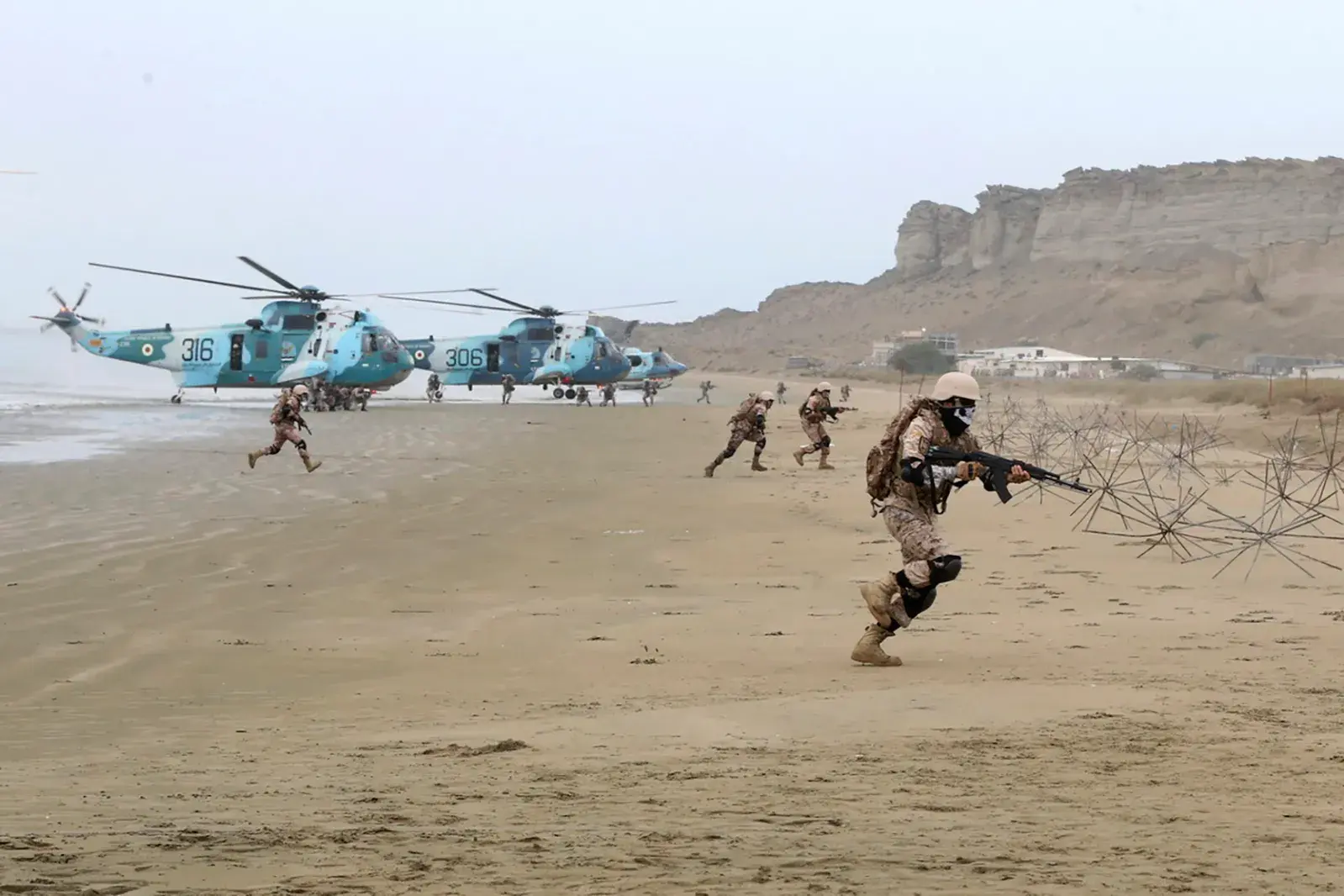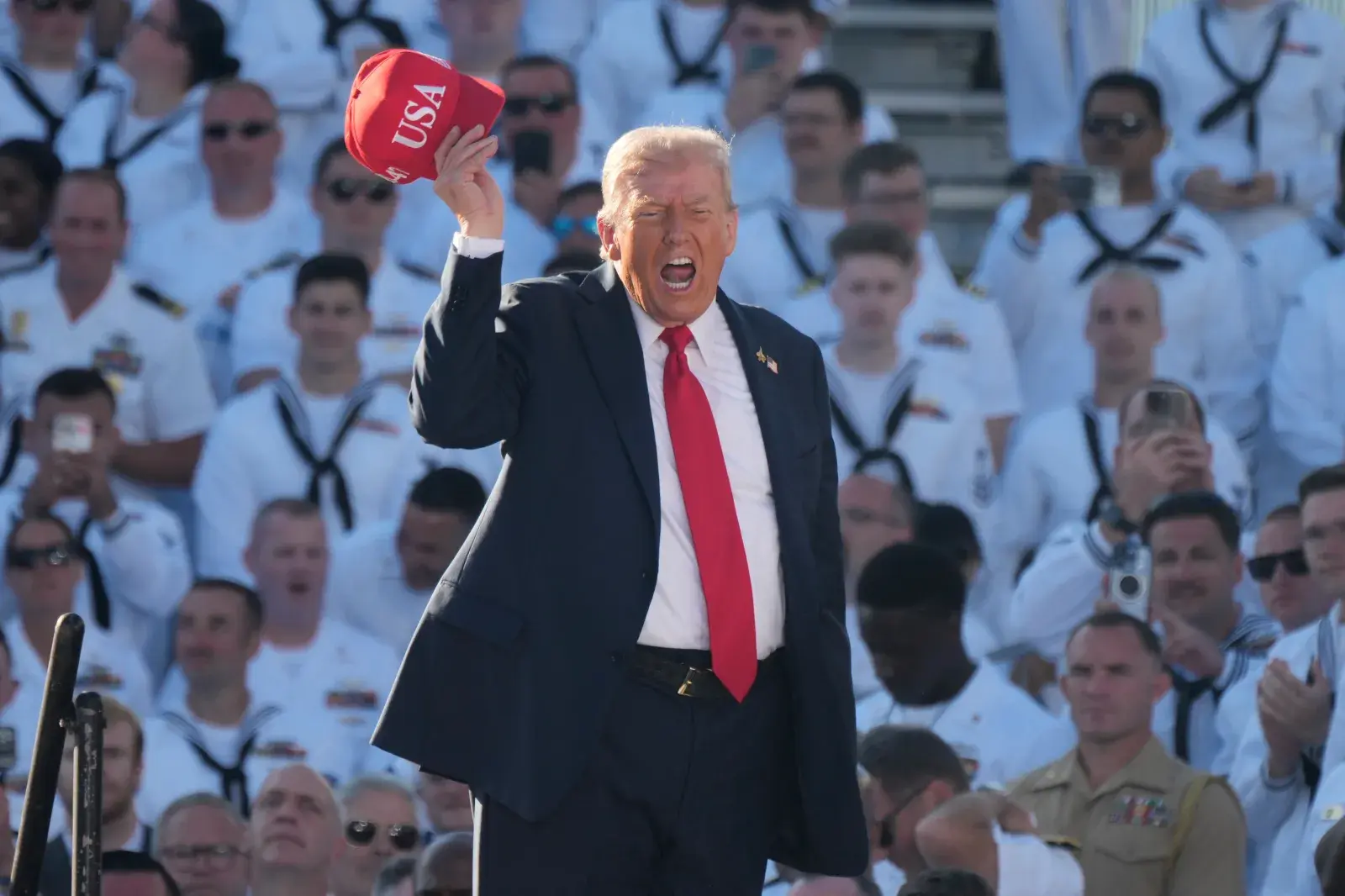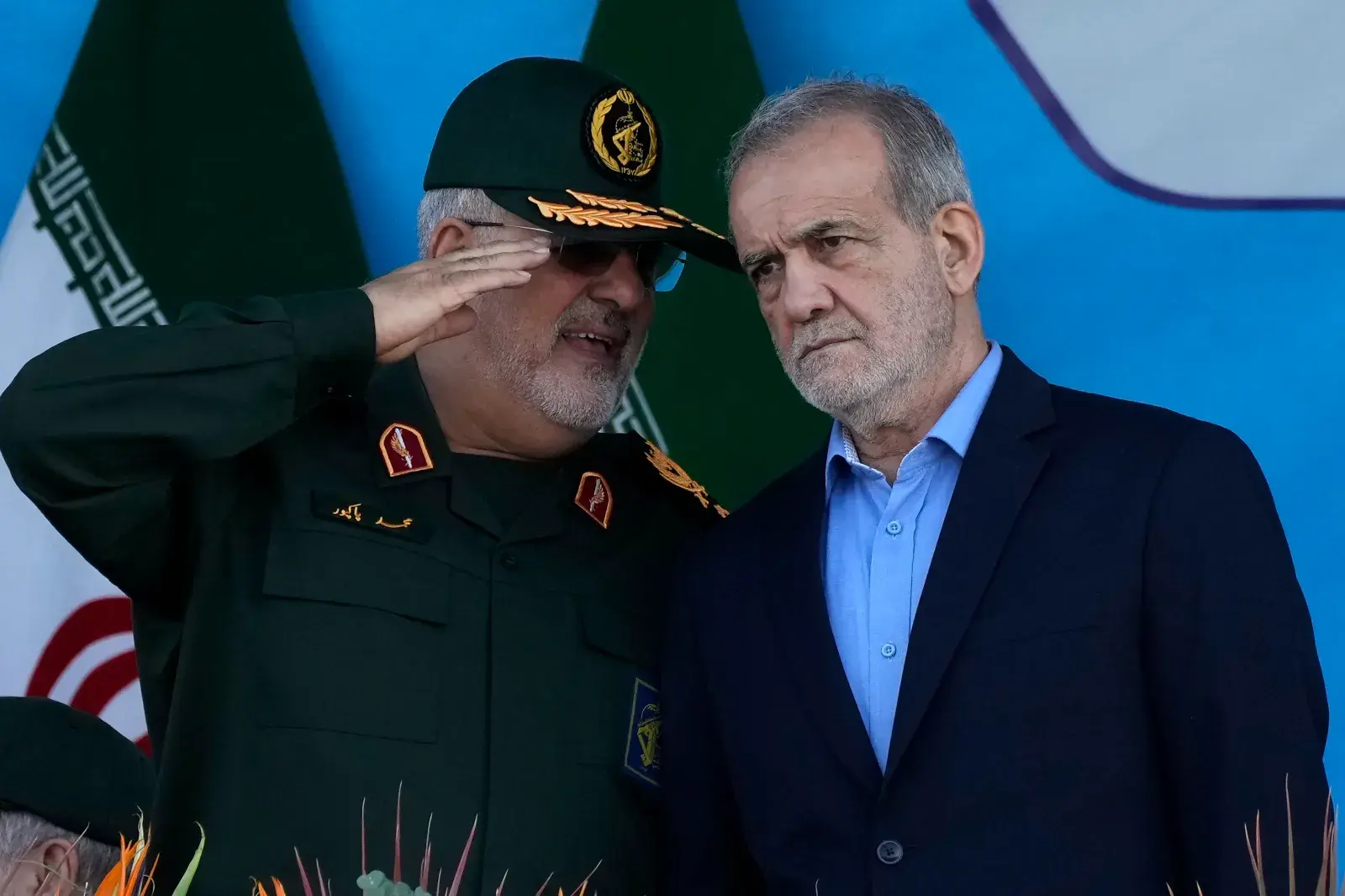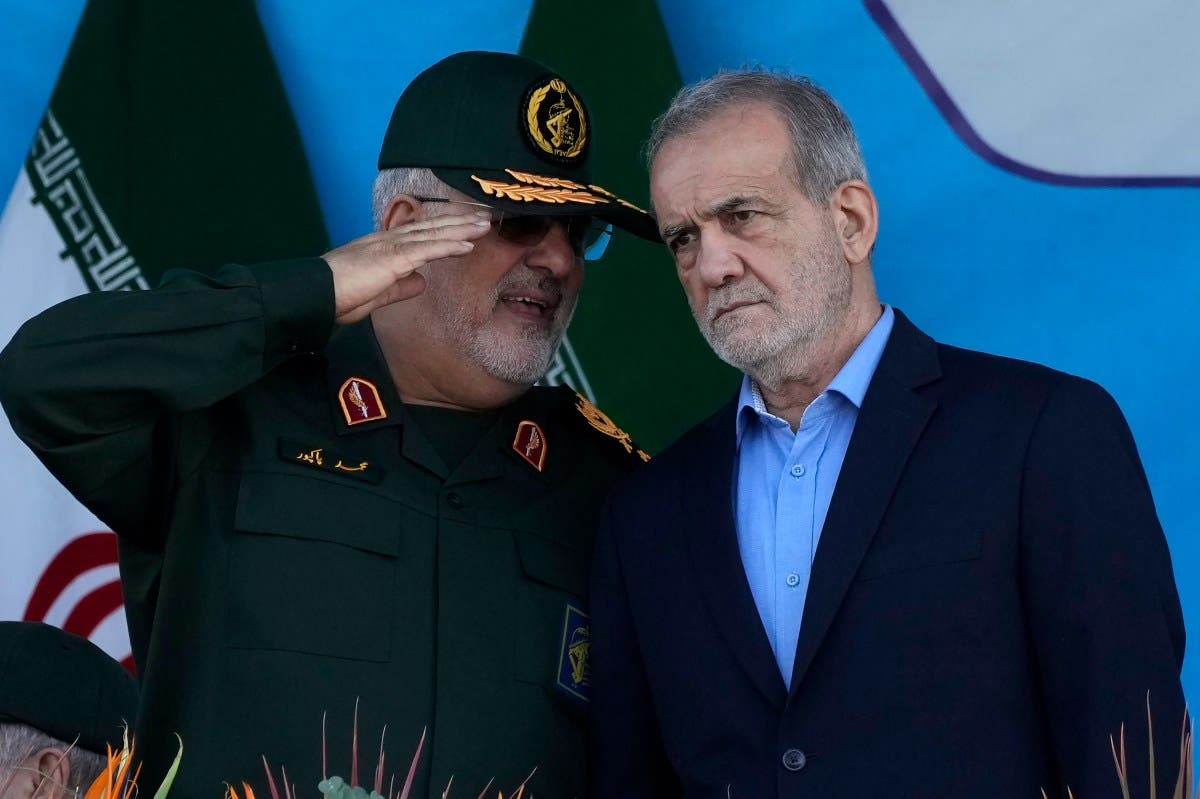Iran on Monday denounced the United States as a “law-breaking country” and ruled out any prospect of negotiations, following renewed threats from Washington over its nuclear program. Iranian military officials reinforced the warning, with Major General Mohammad Pakpour, commander of the Iranian Revolutionary Guards’ naval forces, declaring that “if any move comes from the enemy, it will receive a strong response.”
President Donald Trump, speaking Sunday, said “We’re going to take care of that and we’re not going to wait so long,” signaling the possibility of further action if Iran resumes nuclear activity.
Why It Matters
The renewed confrontation between Washington and Tehran underscores the high stakes for global security and energy markets. The Persian Gulf—particularly the Strait of Hormuz—remains a critical chokepoint for oil and gas shipments, where even a limited clash could disrupt supply and heighten regional instability.
The 12-day war between Israel and Iran in June reignited tensions just as Tehran was exploring talks with Washington over its nuclear program. The conflict derailed those efforts and was swiftly followed by the U.S. launch of Operation Midnight Hammer, striking Iranian nuclear facilities. With Iran now rejecting new negotiations without firm assurances on sanctions relief and security guarantees, both sides appear locked in a cycle of escalation that threatens to deepen the regional crisis.

What To Know
At the U.S. Navy’s 250th anniversary in Norfolk, Virginia, Trump praised the June 22 strikes on Iran’s Fordow, Natanz, and Isfahan nuclear sites. He described the operation, which included B-2 bombers and submarine-launched Tomahawk missiles, as flawlessly executed, hitting every single target. “The B2s, what they did. Those beautiful flying wings, what they did, they hit every single target. And just in case, we shot 30 Tomahawks out of a submarine,” Trump said. He added that Iran had been within a month of developing a nuclear weapon before the strikes.
“They were going to have a nuclear weapon within a month. And now they can start the operation all over again, but I hope they don’t because we’ll have to take care of that too if they do. No previous president had the guts to do it,” he said, framing the strikes as decades in the making and warning that the U.S. would act even faster if Iran resumed its nuclear program.
Iran Denounces Trump
On Monday, Iranian Foreign Ministry Spokesman Esmail Baghaei condemned Trump’s threat, calling it a “criminal and illegal act” and asserting that it reinforced America’s image as a violator of international law. “It will be clear to the international community and to the Iranian nation that the United States is a law-breaking country,” Baghaei said during his weekly briefing. He added that Iran has “no plan for negotiations” with Washington, signaling Tehran’s defiance in the face of escalating threats.

Iranian Naval Readiness
Meanwhile, Pakpour described Iran’s forces as maintaining a high level of readiness and discipline, emphasizing their preparedness for any potential threat. He said the same spirit that enabled them to bring “the Zionist regime [Israel] and the United States to their knees” during the 12-day war in June remains in place. He added that recent naval drills across the Persian Gulf, the Gulf of Oman, and the Indian Ocean demonstrate Iran’s capability to defend its waters and deter future attacks.
Tensions Remain High
U.S.-Iran tensions are compounded by Washington’s demands that Tehran halt uranium enrichment and curb its ballistic missile program—conditions Iran has repeatedly rejected, insisting its nuclear activities are for civilian purposes only. Both sides are signaling little willingness to compromise, heightening the risk of military miscalculation.
What People Are Saying
President Donald Trump: “They were going to have a nuclear weapon within a month. And now they can start the operation all over again, but I hope they don’t because we’ll have to take care of that too if they do, I let them know that.”
IRGC Naval Chief Major General Mohammad Pakpour: “If any move comes from the enemy, it will receive a strong response.”
Iranian Foreign Ministry Spokesman Esmail Baghaei: “It will be clear to the international community and to the Iranian nation that the United States is a law-breaking country. We have no plan for negotiations.”
What Happens Next
The confrontation between Washington and Tehran is likely to intensify diplomatic and military tensions, particularly in the Persian Gulf. Trump has signaled a willingness for additional strikes if Iran resumes nuclear activity, while Tehran has rejected negotiations and emphasized military readiness, suggesting that any escalation could have immediate regional and global consequences.

